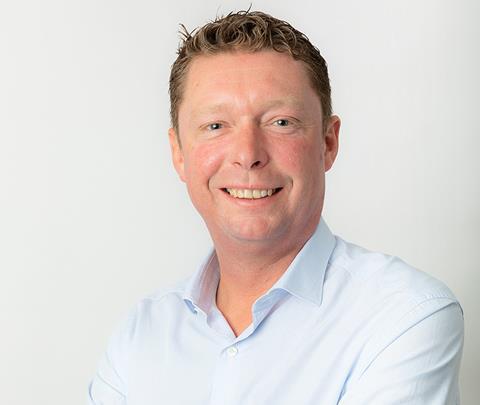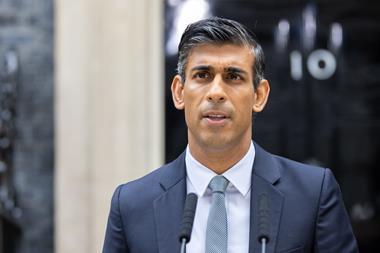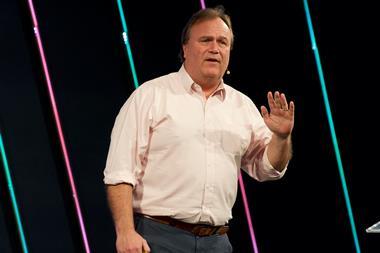AO founder and chief executive John Roberts has called on the government to fix the UK’s “broken” youth services by spending £1bn a year on youth provision over the next decade.

Roberts has said the government needs to “radically” change the way youth services work and added that “too many kids have a bad start in life and they don’t need to”.
He told The Times: “There’s no prime minister that would stand up and say, ‘We are going to close 1,000 schools and we’re going to get rid of 5,000 teachers’, but over in the youth sector, that’s exactly what they’ve done.”
The founder of electricals giant AO added it was an “understatement to say that politicians aren’t doing enough. The problem is that kids don’t vote, so politicians don’t care.”
Research commissioned by the Department for Culture, Media and Sport, in partnership with UK Youth, showed that funding for youth work services has fallen by over 60% in the last decade – this has been linked with a rise in antisocial behaviour and involvement in crime.
Local authority youth provision funding in England has decreased more than £1bn to £408.4m between 2011 and 2021.
The research highlighted that young people who had access to youth services as teenagers were happier, healthier and more involved in the community.
This view is echoed by Roberts, who said creating better youth services would result in “greater social cohesion, improved physical and mental health, higher levels of employability, reduced crime, less loneliness or, in hard card cash terms, lower government spending elsewhere because all of these things have improved.”
Roberts has been involved in youth services since he was a teenager and in 2022, he donated his AO salary and nearly 1.5 million shares, worth £880,000, to charities.
He also suggested that philanthropists, investors and other wealthy people could match that contribution as part of a youth infrastructure fund operated by “experienced investors who know how to make things a success out there in the real world.”
By doing this, he said it would mean “radically changing the way we prioritise and deploy spending on young people”, since what’s happening now “isn’t working”.



























No comments yet